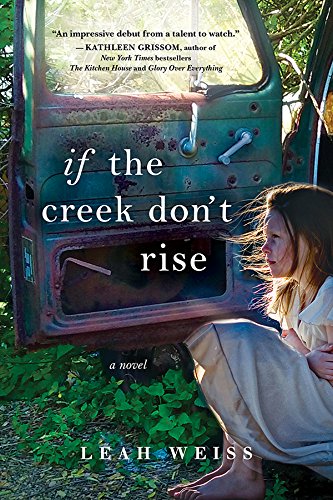|
When I was growing up, my great-grandmother Nan (born Lora Dena) was very nice to me and my siblings, and very mean to some other people in my family. She was old when I was born, with a cap of white hair and a heavily wrinkled face, and she favored cardigans in sober colors, button-down shirts, and black orthopedic shoes. Her querulous voice was a constant backdrop in my grandparents’s house; it’s no exaggeration to say that she spent a great deal of time complaining and demanding, and my grandmother worked hard to make her happy.
Of course I recognize that she had a long life, that she was elderly, and those facts presented their own difficulties and challenges. But by most accounts, she had been this way--even worse, they said--for as long as people had known her. It would have been easy to dismiss Nan as a mean person—to a lot of people at least. But that would be too simplistic. Because she could be loving, to some of us. She could be protective. She could be proud of our achievements. And then there were other things that indicated a richer, more complex nature, like how she wrote poetry, which she sometimes shared with me and my sister and which we found in her room after her death. There were also the bits and pieces of her history, which I learned, not from her, but from my grandmother and genealogical research I’d done. Nan had lost multiple children, in one tragedy after another. Her husband had left her. So much loss. Sadness. Beauty. And yet, meanness too. It was all there. Leah Weiss’s If the Creek Don’t Rise reminded me of our brilliant, perplexing human nature. That good and bad can exist within the same person, and a decision can be both good and bad as well. How your life doesn’t look the same from your perspective as it does from mine. How family pain can be passed down—a lesson I learned well from studying my own extended family—but it’s possible for a person to refuse to carry it into the next generation. (Thank you, Dad.) It’s difficult for me to reduce this book to a plot, because its richness lies in its characterization and language. Told from multiple perspectives, If the Creek Don’t Rise is set in 1970 Baines Creek, North Carolina, a largely isolated Appalachian community where the arrival of an outside teacher, a jasper, is a big deal. The book opens with Sadie Blue’s perspective as she’s being abused by her newlywed husband, Roy. In subsequent chapters, we get perspectives from her grandmother, a godmother-like figure, her preacher, her teacher, other neighbors, and eventually her husband. Weiss’s book is compassionate. By the time that I got to some character’s chapters, I already disdained, if not actively disliked them, based on other people’s stories. And yet I always found that there was something to learn about those disliked people. Some secret that didn’t excuse what they had done, not by a long shot, but that showed that they had their own pains they’d been shuffling along. Those moments were revelatory, particularly after I reflected that their secrets were revealed only to the reader; the people they were interacting with in the story--the people they were hurting--would likely never know. There’s so much that I could say about this incredible book. That it’s beautifully written. Lee Smith-esque. A valuable contribution to contemporary Appalachian literature, particularly in its portrayal of womanhood. A meditation on what it means to be human. So I think I’ll just close by saying that If the Creek Don’t Rise reminded me to be kinder and more empathetic, and that my judgement of a person (for good or for bad) will forever fail at seeing and acknowledging the entirety of a person. We all have whole worlds inside of us. I loved this book. **I received an ARC of this book through Netgalley, but all opinions provided are my own.
0 Comments
Leave a Reply. |
About me.Give me that HEA, please.
Join my mailing list.Want to receive a weekly email with links to my latest blog posts? Sign up below!
Archives
April 2024
Categories
All
|


 RSS Feed
RSS Feed
